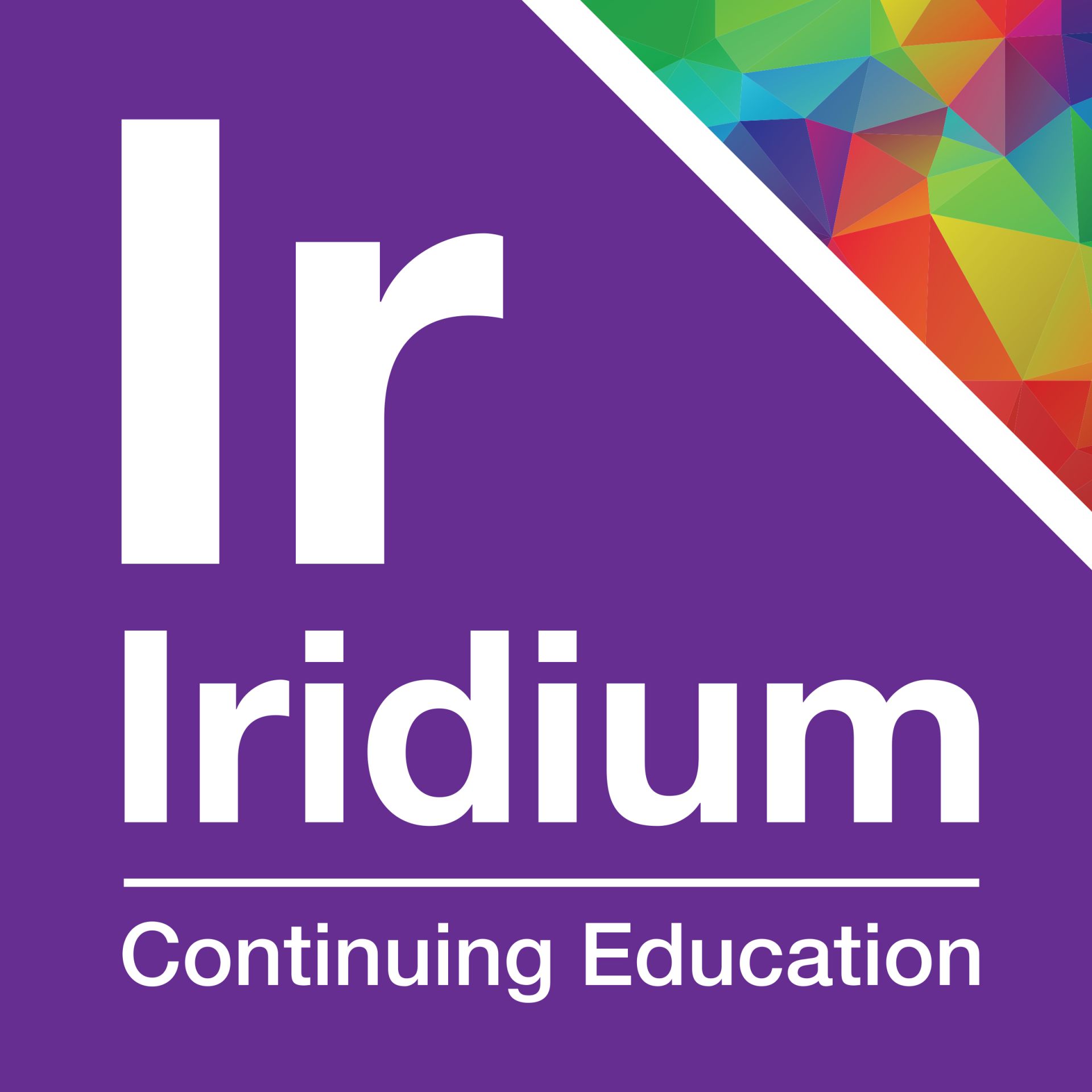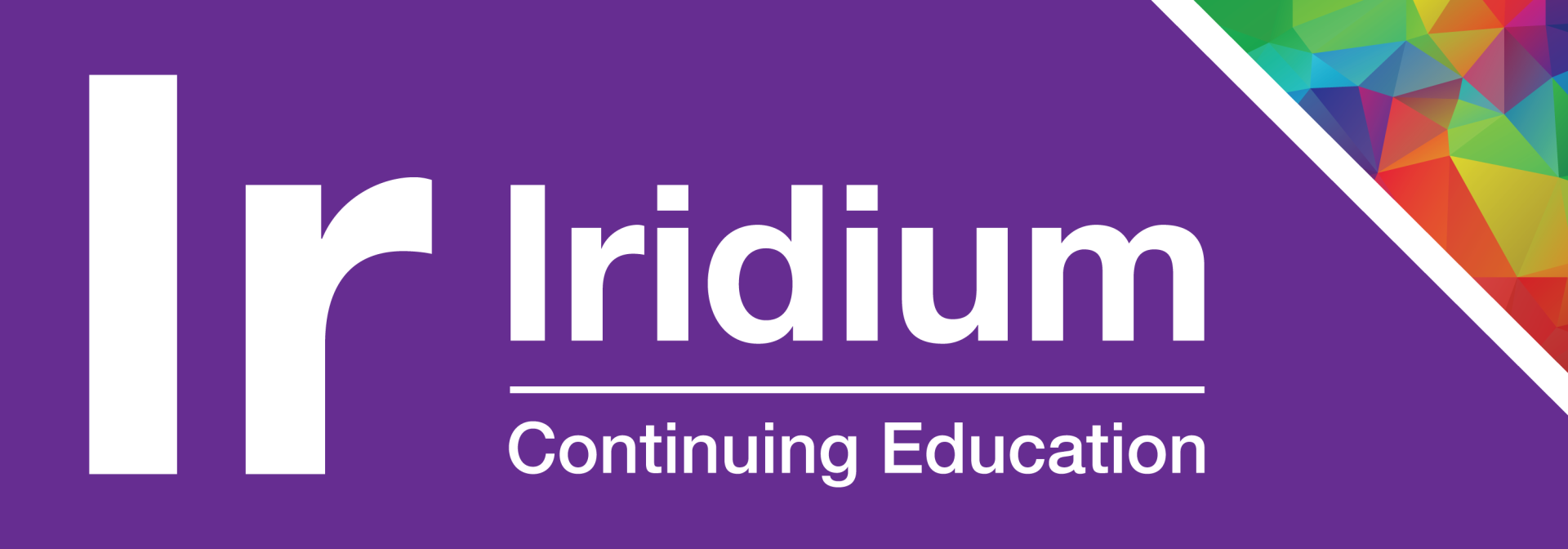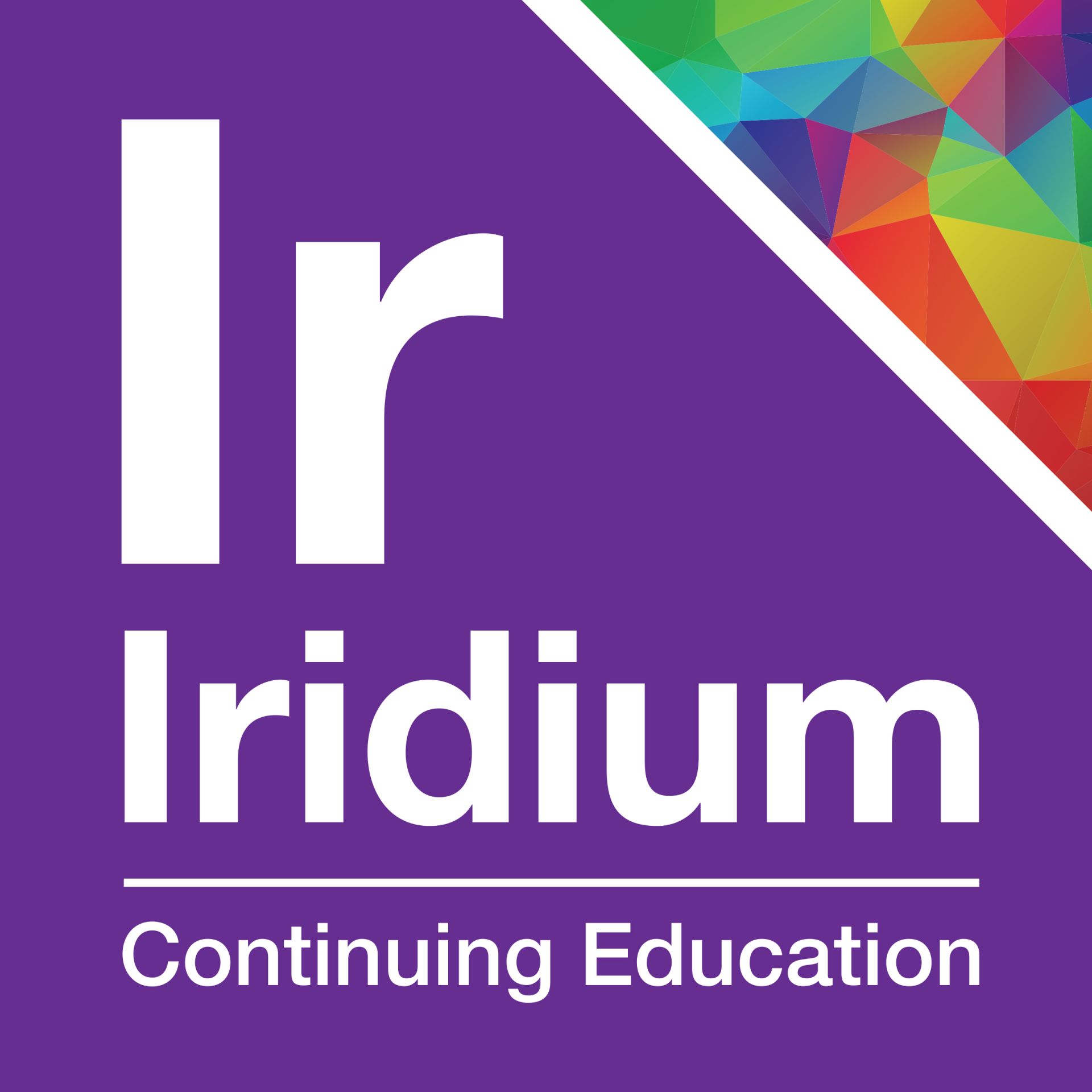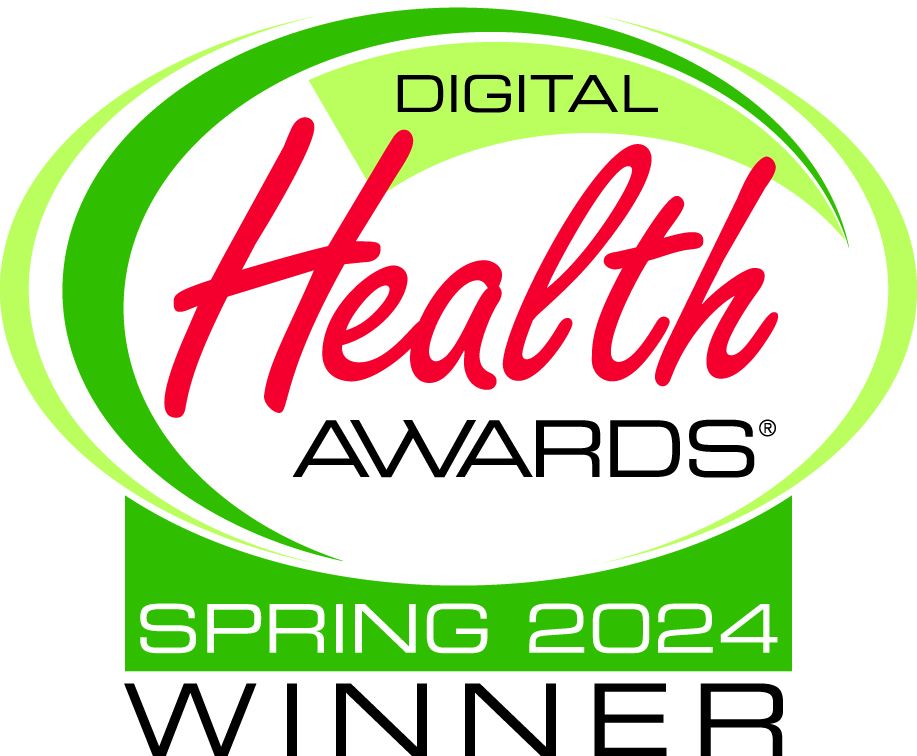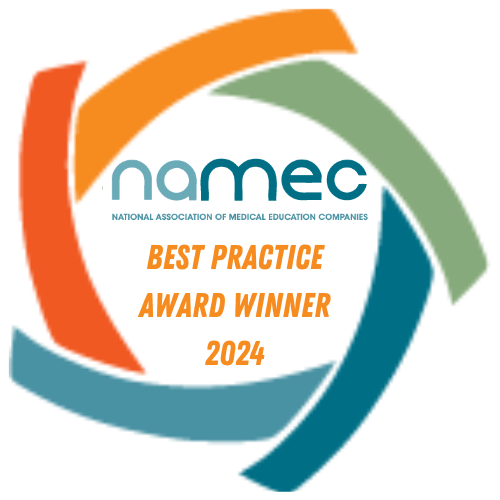The urgent need for this program is underscored by the growing prevalence of Alzheimer's disease (AD) in the United States and the critical importance of early diagnosis for effective intervention. AD poses a significant public health challenge, affecting millions of individuals and their families, with projections indicating a substantial increase in cases in the coming years. However, a substantial educational gap exists regarding the recognition of early signs of the disease and the proper utilization of biomarkers for timely diagnosis. This knowledge deficit results in delayed diagnoses, missed opportunities for early intervention, and increased healthcare costs. Moreover, the scarcity of specialists, particularly in rural areas, exacerbates these challenges. Therefore, a targeted program that leverages telemedicine and tele-mentoring to enhance access to education, specialized guidance, and biomarker testing coordination is essential to address these pressing issues, ensuring that individuals receive early and accurate diagnoses, paving the way for more effective management and treatment of AD. This program is imperative not only to improve the quality of care for Alzheimer's patients and their families but also to alleviate the strain on our healthcare system. With the development of disease-modifying treatments (DMTs) newly available and others on the horizon, early diagnosis and intervention are more critical than ever. Telemedicine and tele-mentoring provide innovative solutions to bridge geographical and educational disparities, ensuring that healthcare professionals in rural and underserved areas have the knowledge and resources they need to confidently diagnose AD and utilize biomarkers effectively. By implementing this program, we can reduce patient waiting times, decrease the burden of AD on families and caregivers, and enhance the overall healthcare landscape in our communities. The urgent and unmet need for improved education and access to biomarker-based diagnosis necessitates immediate action, making this program an essential and timely initiative in our fight against AD.
